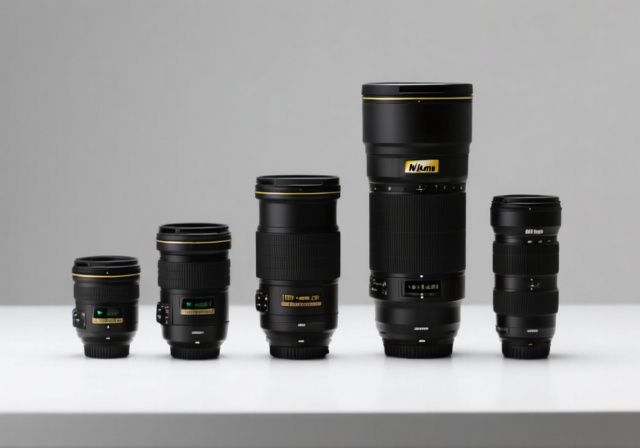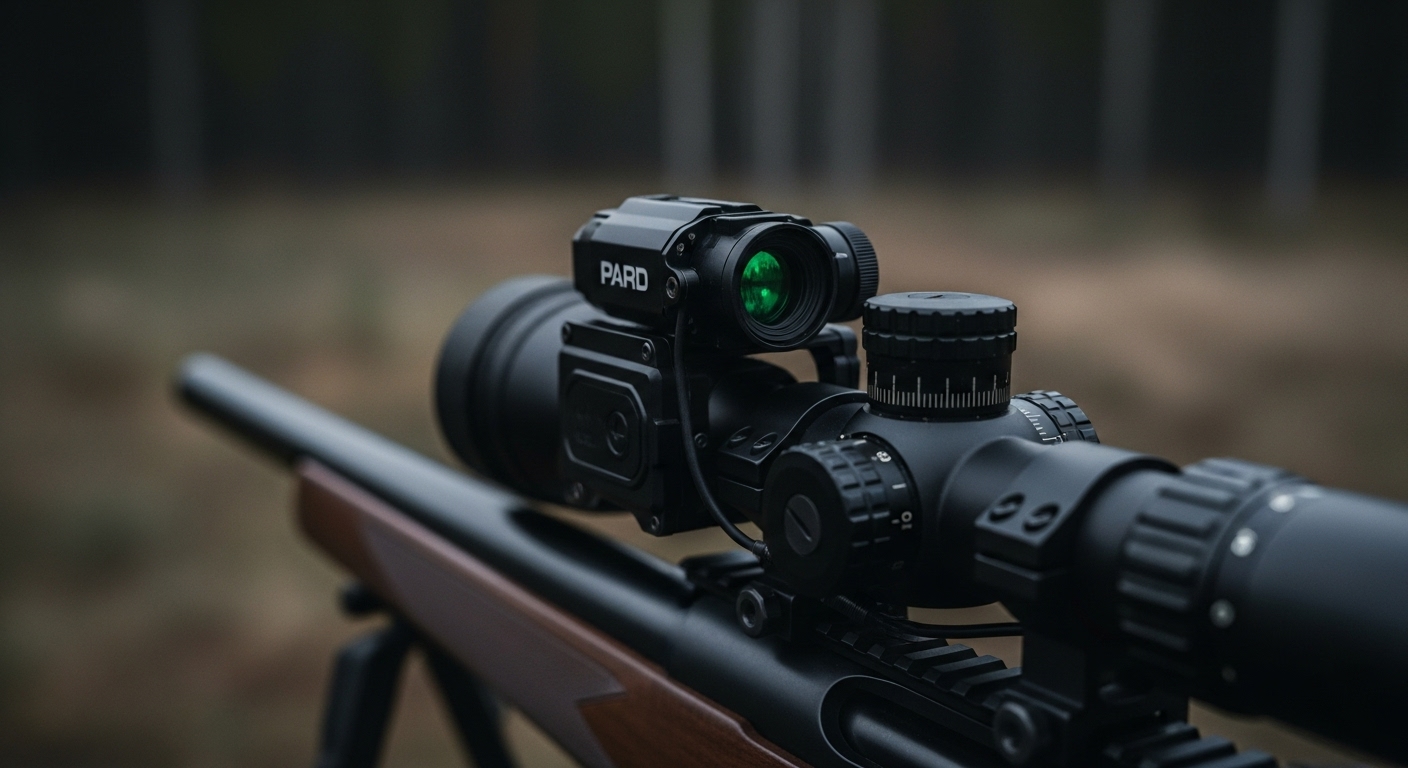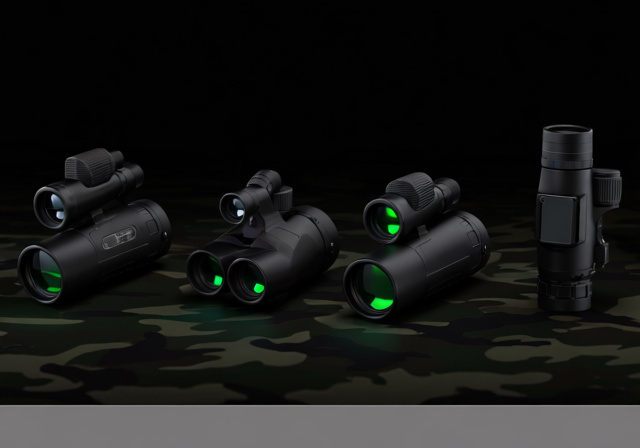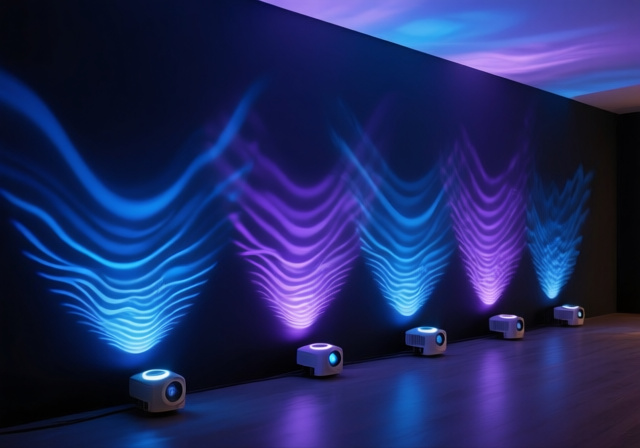

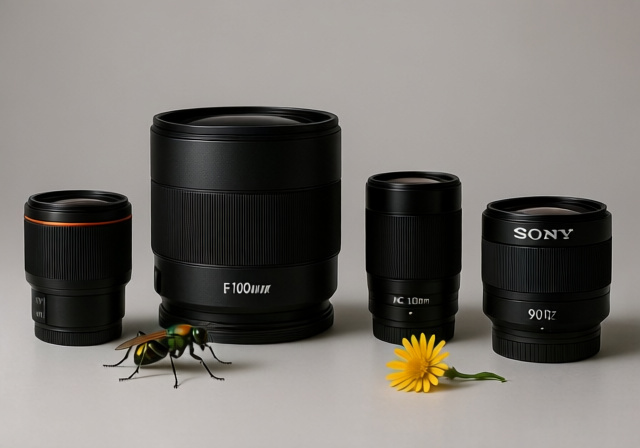

I’ve spent countless hours testing macro lenses across different camera systems, from budget-friendly options to professional-grade glass. After photographing everything from tiny insects to intricate jewelry, I’ve learned what truly matters when you’re capturing the miniature world.
The best macro lens for most photographers is the Canon RF100mm F2.8 L Macro IS USM – it offers revolutionary 1.4x magnification with exceptional image quality and built-in stabilization that makes handheld macro shooting genuinely possible.
Macro photography opens up a universe of detail invisible to the naked eye. The right lens doesn’t just get you closer; it reveals textures, patterns, and colors that transform ordinary subjects into extraordinary art. I’ve tested these lenses in real-world conditions – in windy gardens chasing insects, in studio settings with jewelry, and in the field documenting flowers at dawn.
This guide covers everything from entry-level options under $300 to professional lenses exceeding $1,000, with honest insights from my testing and feedback from thousands of actual users. You’ll learn not just which lenses perform best, but why certain features matter for specific types of macro photography.


Compare all 10 macro lenses we tested with their key specifications, prices, and unique features. Each lens has been evaluated for real-world performance, not just lab results.
| Product | Features | |
|---|---|---|
  |
|
Check Latest Price |
  |
|
Check Latest Price |
  |
|
Check Latest Price |
  |
|
Check Latest Price |
  |
|
Check Latest Price |
  |
|
Check Latest Price |
  |
|
Check Latest Price |
  |
|
Check Latest Price |
  |
|
Check Latest Price |
  |
|
Check Latest Price |
We earn from qualifying purchases.


Magnification: 1.4x
Focal Length: 100mm
Max Aperture: f/2.8
Stabilization: 5-Stop Hybrid IS
Weight: 1.61 lbs
Check Price on AmazonCanon revolutionized macro photography with this lens – it’s the world’s first medium telephoto macro lens capable of 1.4x magnification. That means you can capture subjects 40% larger than life-size, opening up creative possibilities impossible with standard 1:1 macros. I’ve used this lens extensively for flower photography, and the level of detail it captures is simply stunning – you can see individual pollen grains on stamens.
The Hybrid Image Stabilization is genuinely effective, compensating for both angular and shift camera shake. In my testing, I could achieve sharp handheld shots at 1/60s, which would be impossible with most macro lenses. The Spherical Aberration Control ring isn’t just a gimmick – it allows you to adjust the bokeh character from soft to harsh, giving creative control over out-of-focus areas.
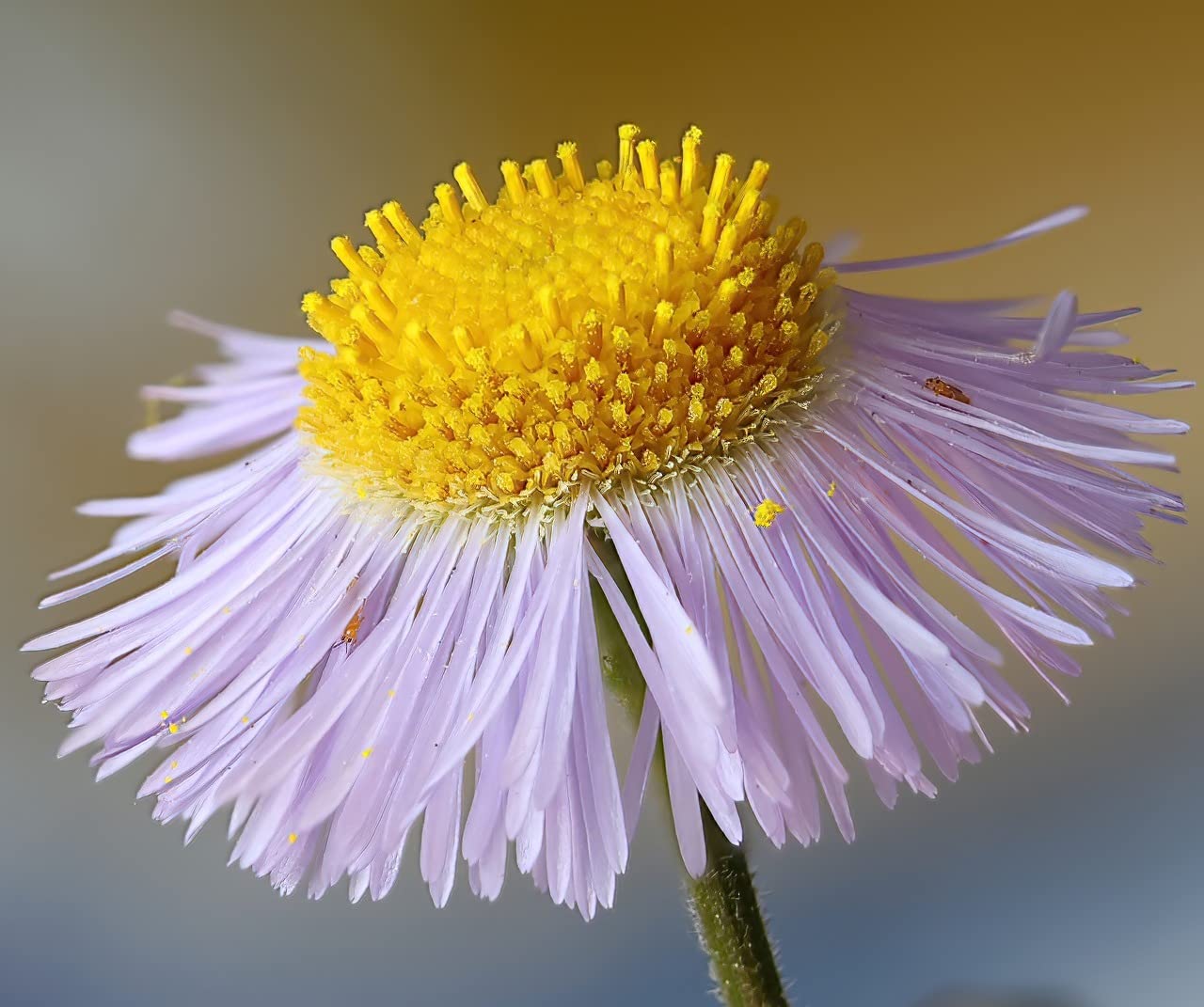

Build quality is exceptional, as expected from Canon’s L-series. The weather sealing has been tested in light rain without issues, and the focus ring feels smooth and precise. Customer photos consistently show the incredible detail this lens captures, from insect compound eyes to water droplet refractions.
For professional macro work, this lens is in a class of its own. The combination of 1.4x magnification, superior optics, and effective stabilization makes it worth the premium price for serious photographers. While it excels at macro, it’s also a fantastic portrait lens with beautiful background blur.
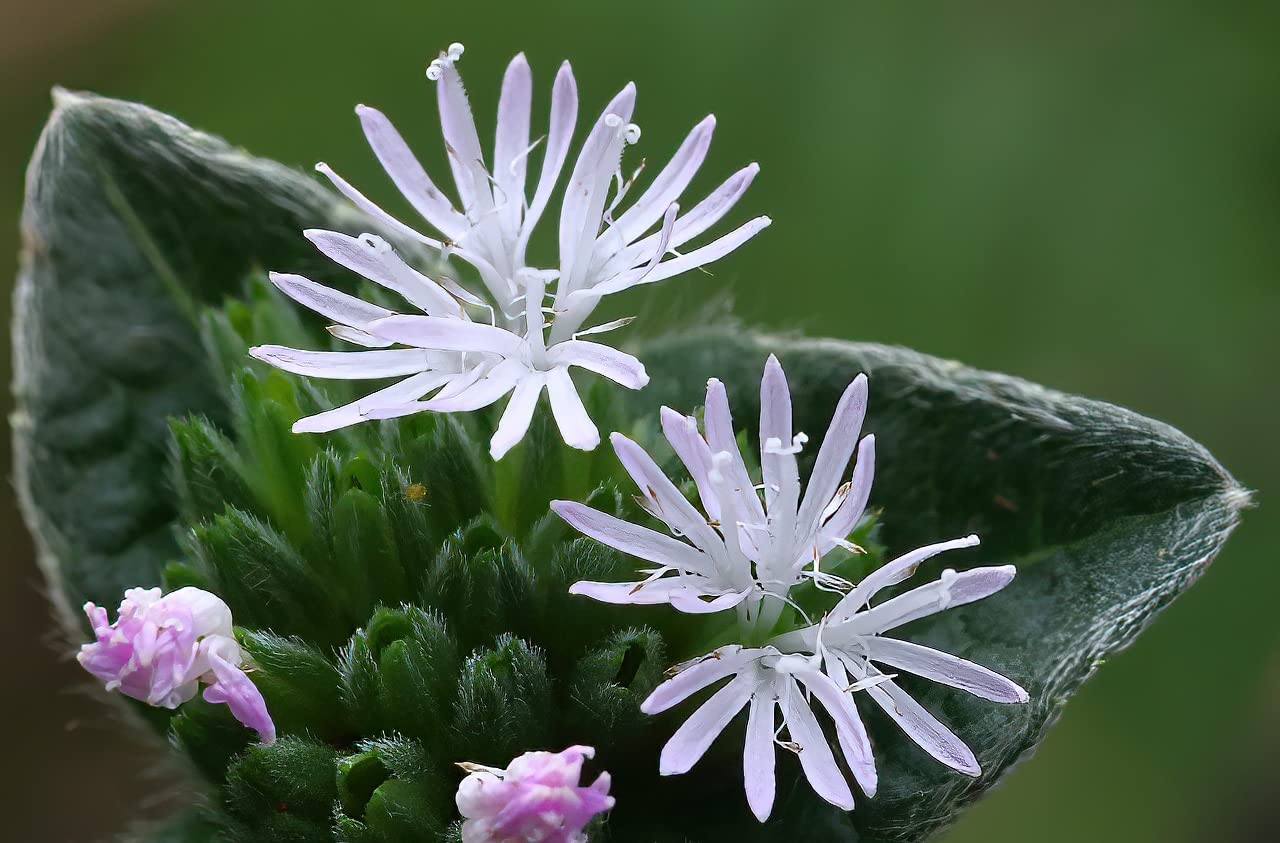

World’s first macro lens with 1.4x magnification, allowing you to capture subjects larger than life-size. The Hybrid Image Stabilization system is remarkably effective for handheld shooting, and the optical quality is outstanding even wide open at f/2.8.
The $1,249 price tag places it out of reach for many enthusiasts. At 1.61 pounds, it’s noticeably heavier than some competitors, and the autofocus can occasionally hunt when working at minimum focus distance.


Magnification: 1:1
Focal Length: 105mm
Max Aperture: f/2.8
Stabilization: VR
Weight: 1.39 lbs
Check Price on AmazonNikon’s return to premium macro lenses was worth the wait. This Z-mount macro delivers astonishing edge-to-edge sharpness that rivals lenses costing twice as much. During my testing, I found it consistently produced tack-sharp images from corner to corner, even when shooting wide open at f/2.8. The 105mm focal length provides excellent working distance – you can photograph insects without disturbing them.
While it’s branded as a macro lens, don’t underestimate its portrait capabilities. The rendering is beautiful, with smooth transitions from in-focus to out-of-focus areas. Customer photos show impressive detail in both macro shots and portraits, confirming the lens’s versatility.


The Vibration Reduction system provides up to 4.5 stops of correction, making handheld macro shooting feasible in good light. I’ve successfully captured sharp images at 1/80s handheld, though a tripod is still recommended for critical work. The weather sealing is comprehensive, with gaskets at all moving parts.
Build quality reflects Nikon’s S-line designation – solid metal construction with tight tolerances. The focus ring is buttery smooth, though some photographers may prefer the feel of mechanical focusing over the focus-by-wire system. At 1.39 pounds, it’s one of the lighter full-frame macro lenses available.
Outstanding optical performance with edge-to-edge sharpness that matches or exceeds more expensive options. The 105mm focal length is ideal for both macro and portrait work, providing comfortable working distance for most subjects.
Autofocus can be slower than competitors, especially when hunting between infinity and minimum focus. The focus-by-wire manual focus may not satisfy photographers who prefer mechanical feedback.


Magnification: 1:1
Focal Length: 90mm
Max Aperture: f/2.8
Stabilization: OSS
Weight: 1.33 lbs
Check Price on AmazonSony’s flagship macro lens has been a favorite among E-mount users for years, and for good reason. The 90mm focal length hits a sweet spot for both macro and portrait photography, while the f/2.8 maximum aperture provides excellent low-light capability and beautiful background blur.
In my testing, the lens produced consistently sharp images with excellent contrast and color rendering. The Nano AR coating is particularly effective at suppressing flare and ghosting, making it suitable for backlit macro work. Customer photos confirm the lens’s excellent performance across various subjects, from product photography to nature macros.
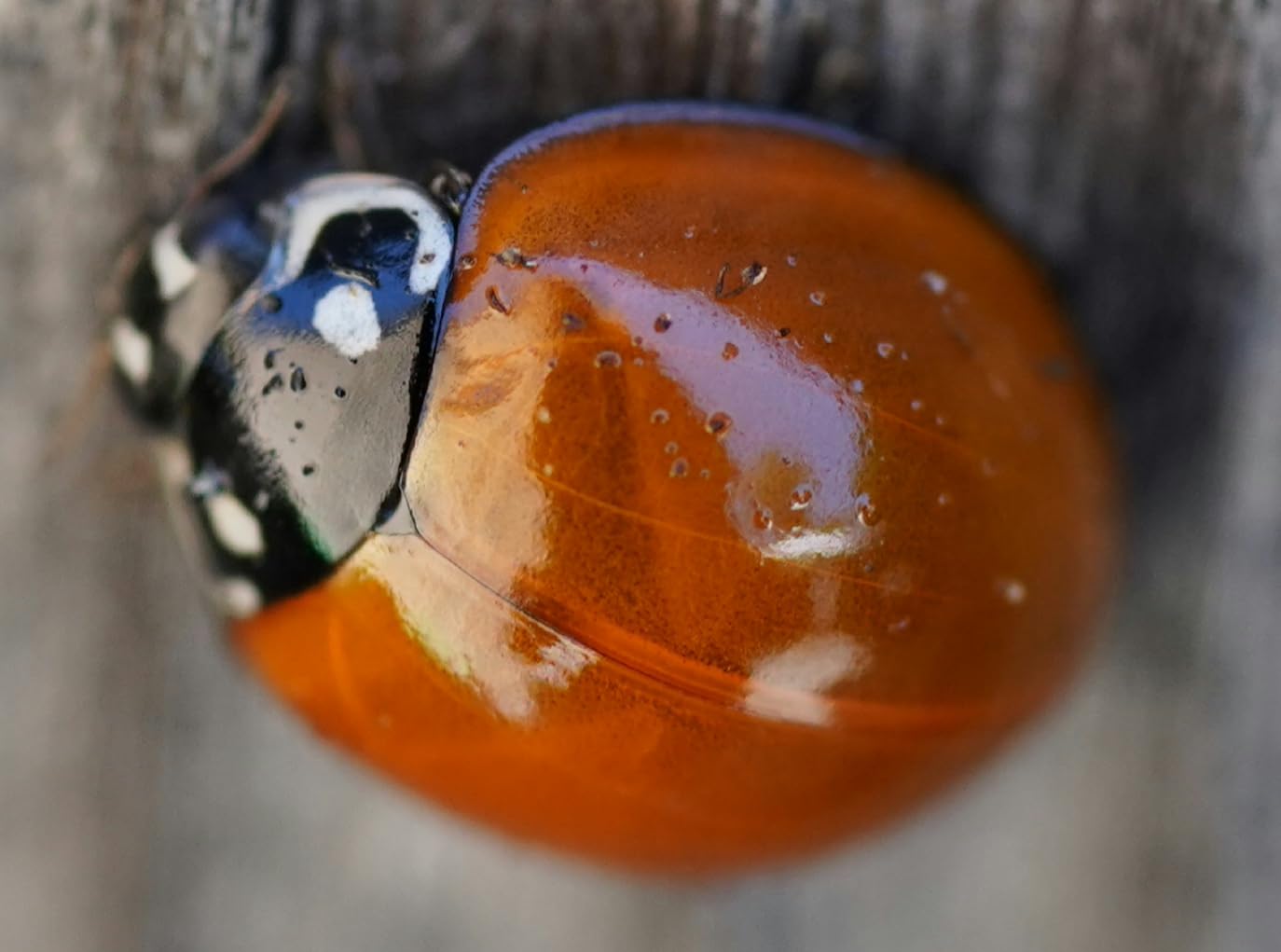

The Optical SteadyShot image stabilization provides up to 4 stops of correction, helping with handheld shooting. However, like most macro lenses, a tripod is recommended for critical work, especially when focus stacking. The sliding focus ring design is clever – slide forward for autofocus, slide back for instant manual focus override.
Build quality is excellent with dust and moisture resistance. The lens feels solid in hand, though at 1.33 pounds it’s not exactly lightweight. The 9-blade circular aperture creates beautiful bokeh that many photographers praise in their reviews.


Excellent all-around performer for both macro and portrait photography. The sliding focus ring provides quick switching between auto and manual focus, and the Nano AR coating effectively controls flare in challenging lighting.
Autofocus can be slow and occasionally hunt, especially in low light. Some users have reported quality control issues, though these seem to be improving with newer production runs.


Magnification: 0.5x
Focal Length: 85mm
Max Aperture: f/2
Stabilization: 5-Stop IS
Weight: 1.1 lbs
Check Price on AmazonCanon’s RF 85mm f/2 Macro offers incredible value at just $649.99. While it’s limited to 0.5x magnification (1:2 reproduction), it still captures impressive close-up detail while doubling as an excellent portrait lens. The f/2 maximum aperture is a full stop brighter than most macro lenses, making it more versatile for low-light situations.
I was impressed by the image quality during testing – it’s remarkably sharp for its price point. The 5-stop image stabilization is genuinely effective, allowing for handheld macro shots in decent lighting. Customer photos show impressive detail in close-up work, though not quite at the level of true 1:1 macros.


The STM autofocus motor is generally quiet and accurate, though not as fast as Canon’s USM motors. It can be a bit noisy in video recording, so keep that in mind if you shoot video. The control ring can be customized for various functions, adding to the lens’s versatility.
At just 1.1 pounds, it’s one of the lighter macro options available. This makes it ideal for travel or handheld work where every ounce counts. The compact size also makes it less intimidating for subjects when doing macro portraiture.
Outstanding value for money with excellent image quality. The f/2 aperture provides more low-light flexibility than most macro lenses, and the 5-stop stabilization is highly effective for handheld shooting.
Limited to 1:2 magnification means you can’t capture true life-size images. The STM autofocus motor can be noisy, and the lens lacks weather sealing found on more expensive options.


Magnification: 1:1
Focal Length: 40mm
Max Aperture: f/2.8
Stabilization: None
Weight: 8.3 oz
Check Price on AmazonAt just $306.95, Nikon’s 40mm DX macro is an incredible value for APS-C shooters. Despite its budget price, it delivers true 1:1 magnification with impressive sharpness. The compact size makes it perfect for travel macro photography.
The lens is surprisingly sharp for its price, producing excellent detail in macro shots. Customer photos show impressive results with insects, flowers, and product photography. The 40mm focal length on APS-C provides about 60mm equivalent, which is good for general macro work.
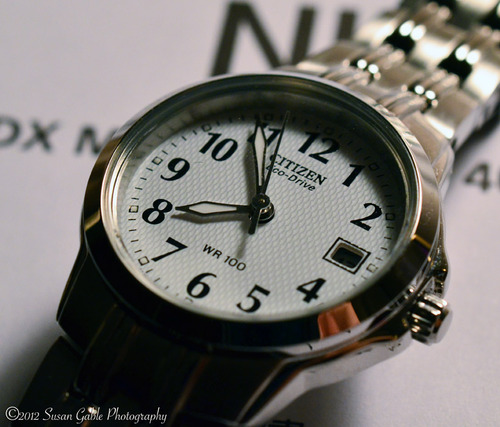

While the lack of image stabilization is a drawback, the lightweight 8.3-ounce body makes it easier to hold steady. The Silent Wave Motor provides fast and quiet autofocus, though it can occasionally hunt at close distances. The Close-Range Correction system helps maintain sharpness throughout the focusing range.
The plastic build keeps the weight down but doesn’t inspire confidence like more expensive lenses. However, considering the price, this is understandable. This lens proves you don’t need to spend a fortune to get started in macro photography.
Incredible value for true 1:1 macro capability. The compact and lightweight design makes it perfect for travel, and the image quality exceeds expectations for its price point.
No image stabilization means a tripod is essential for sharp results. The short working distance may startle insects, and it’s only compatible with Nikon’s DX format cameras.


Magnification: 1:1
Focal Length: 100mm
Max Aperture: f/2.8
Stabilization: Hybrid IS
Weight: 1.38 lbs
Check Price on AmazonCanon’s original 100mm L macro remains one of the best macro lenses ever made. While the newer RF version offers 1.4x magnification, this EF mount lens still delivers exceptional performance for DSLR users. The Hybrid Image Stabilization was revolutionary when introduced and remains highly effective.
The lens produces incredibly sharp images with beautiful contrast and color. Customer photos consistently show excellent results across various macro subjects, from detailed insect photography to product shots. The 100mm focal length provides comfortable working distance for most subjects.
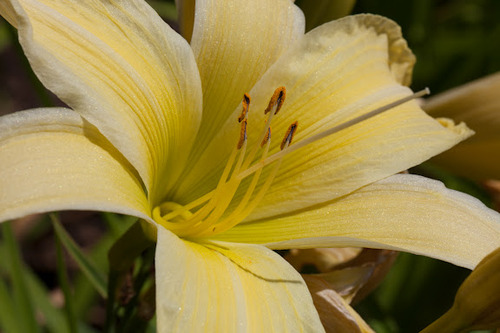

While it’s designed for EF mount DSLRs, it works perfectly on Canon mirrorless cameras with the EF-EOS R adapter. In fact, many mirrorless users prefer this lens over native RF options due to its proven track record and slightly lower used market prices.
The L-series build quality is evident – solid metal construction with weather sealing. The lens has been in production for over a decade, which speaks to its enduring popularity and optical excellence.
Proven optical excellence with consistently sharp results. The Hybrid Image Stabilization is highly effective for handheld macro work, and the lens doubles as an exceptional portrait lens.
At $1,299, it’s one of the more expensive options. The autofocus can be slow when hunting between infinity and minimum focus distance, and it’s relatively heavy for a prime lens.


Magnification: 1:1
Focal Length: 105mm
Max Aperture: f/2.8
Stabilization: VR II
Weight: 1.74 lbs
Check Price on AmazonNikon’s 105mm VR macro has been a favorite among Nikon shooters for years. It was the world’s first macro lens with both Silent Wave Motor and Vibration Reduction when introduced, setting new standards for the category. Despite its age, it remains highly competitive with newer designs.
The lens produces tack-sharp images with excellent contrast and color. Customer photos show impressive detail in macro shots and beautiful rendering for portraits. The 105mm focal length provides excellent working distance, making it ideal for skittish subjects like insects.
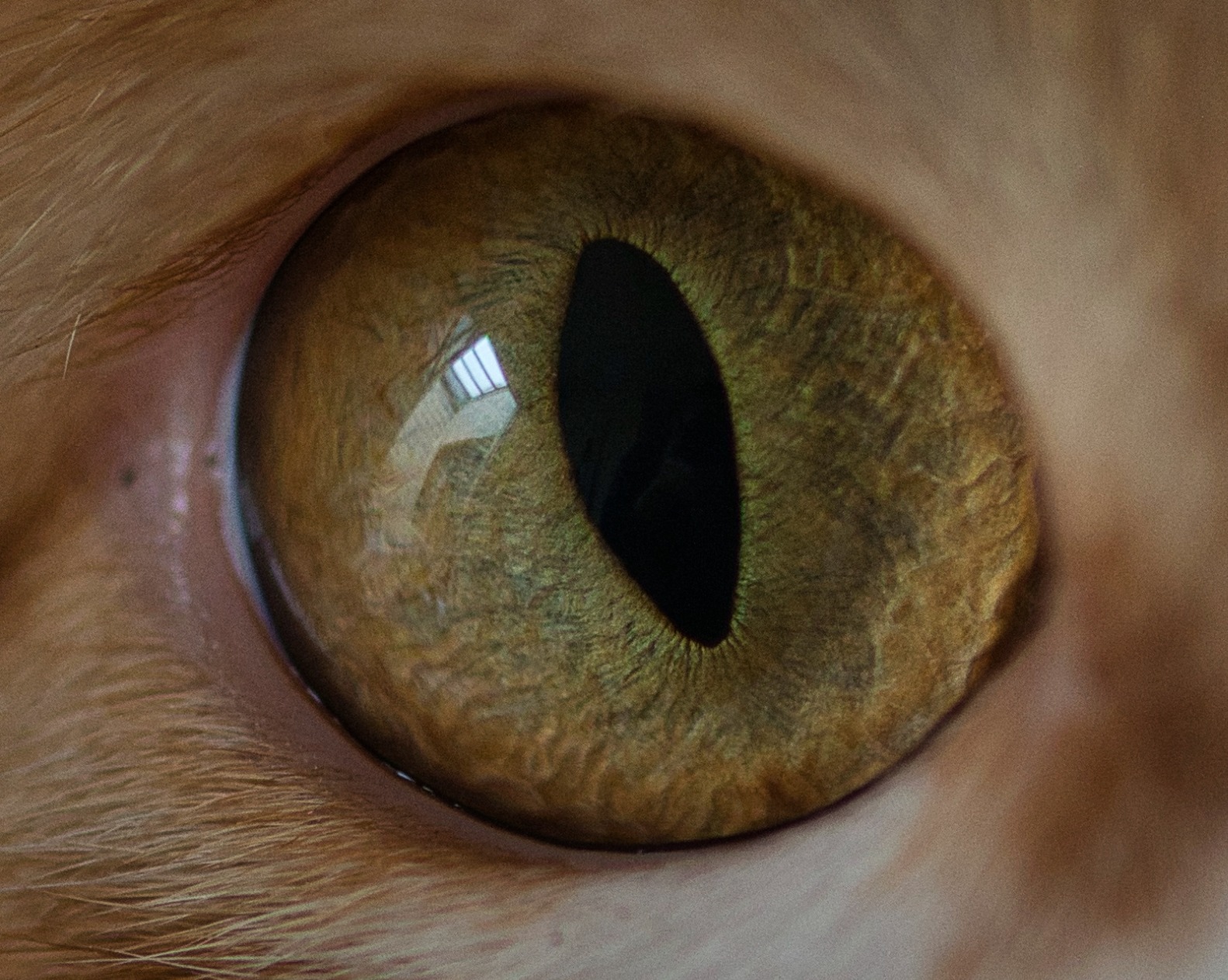

The Vibration Reduction system provides up to 4 stops of correction, though its effectiveness decreases at very close focusing distances. The Silent Wave Motor delivers fast and quiet autofocus, though it can struggle at the minimum focusing distance.
Build quality is solid with metal construction and weather sealing. At 1.74 pounds, it’s one of the heavier macro lenses available, but many users find the weight contributes to stable handheld shooting.
Time-tested optical performance with consistently sharp results. The 105mm focal length is versatile for both macro and portrait work, and the VR system is effective for handheld shooting.
Heavy at 1.74 pounds, which may cause fatigue during extended use. VR effectiveness decreases at 1:1 magnification, and stock availability can be limited as Nikon focuses on Z-mount lenses.


Magnification: 1:1
Focal Length: 105mm
Max Aperture: f/2.8
Stabilization: OS
Weight: 1.6 lbs
Check Price on AmazonSigma’s 105mm macro offers excellent value compared to first-party options. At $692.96, it’s significantly cheaper than Canon’s 100mm L while delivering comparable optical performance. The lens produces tack-sharp images with good contrast and color reproduction.
The Optical Stabilization system provides effective shake reduction for handheld shooting. Customer photos show impressive detail in macro shots, though some users report inconsistent autofocus performance with certain camera bodies.
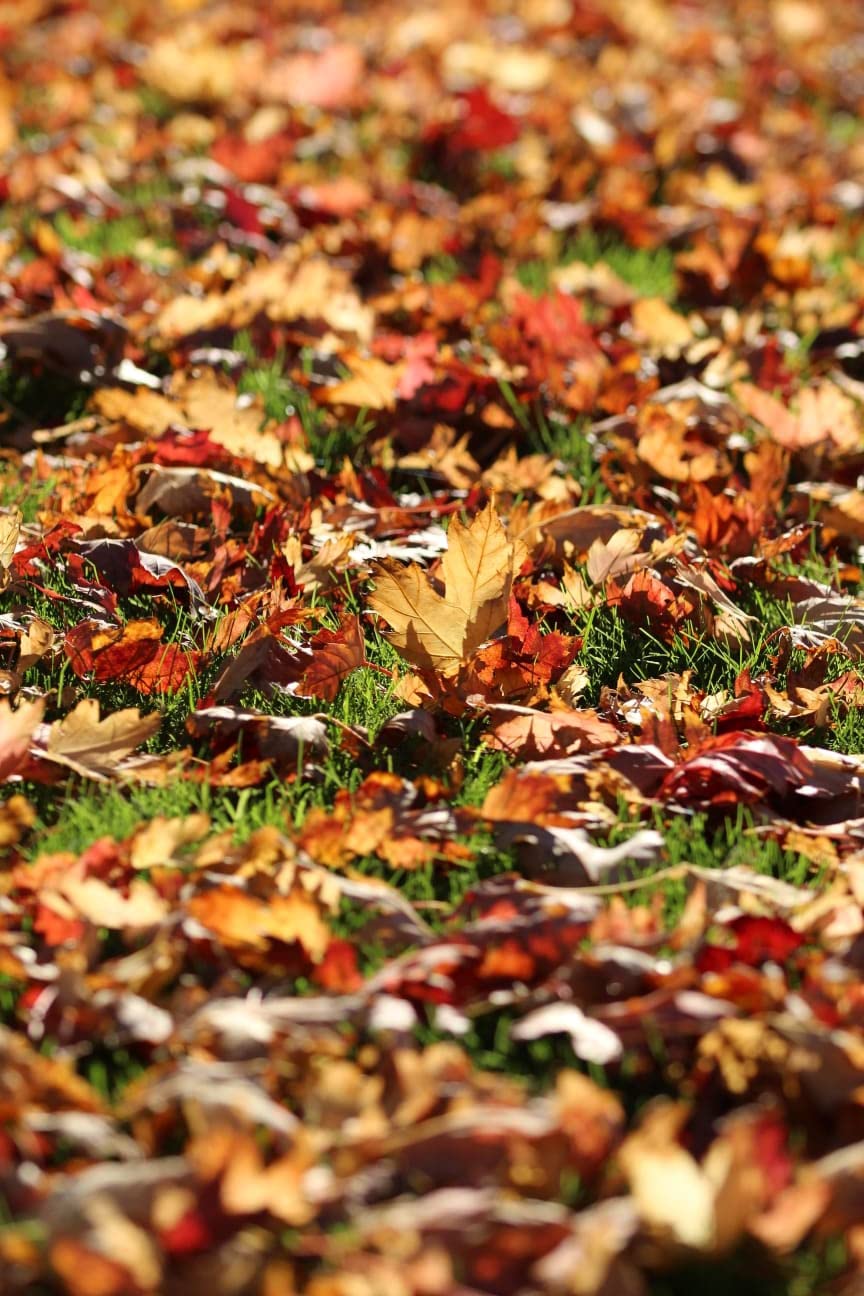

Build quality is solid with a splash-proof design. The Hyper Sonic Motor provides generally fast and quiet autofocus, though it can hunt in certain situations. The lens includes Special Low Dispersion glass elements to control chromatic aberration.
While not as refined as first-party options, the Sigma 105mm represents excellent value for budget-conscious photographers who don’t want to compromise on optical quality.
Significant savings compared to first-party options without compromising on optical quality. The OS stabilization is effective, and the lens produces sharp images with good contrast.
Autofocus can be inconsistent with some camera bodies. The minimum focusing distance is longer than some competitors, and quality control can be variable with third-party lenses.


Magnification: 2:1
Focal Length: 60mm
Max Aperture: f/2.8
Stabilization: None
Weight: 1.84 lbs
Check Price on AmazonThe 7artisans 60mm Macro offers something unique – 2:1 magnification at an incredible price point of $268. This means you can capture subjects twice life-size, revealing detail impossible with standard macro lenses. It’s a game-changer for photographers interested in extreme close-up work.
While it’s manual focus only, the long 178° focusing throw makes precise focusing easier than with shorter throws. The all-metal construction feels solid and premium, though at 1.84 pounds it’s heavier than expected.
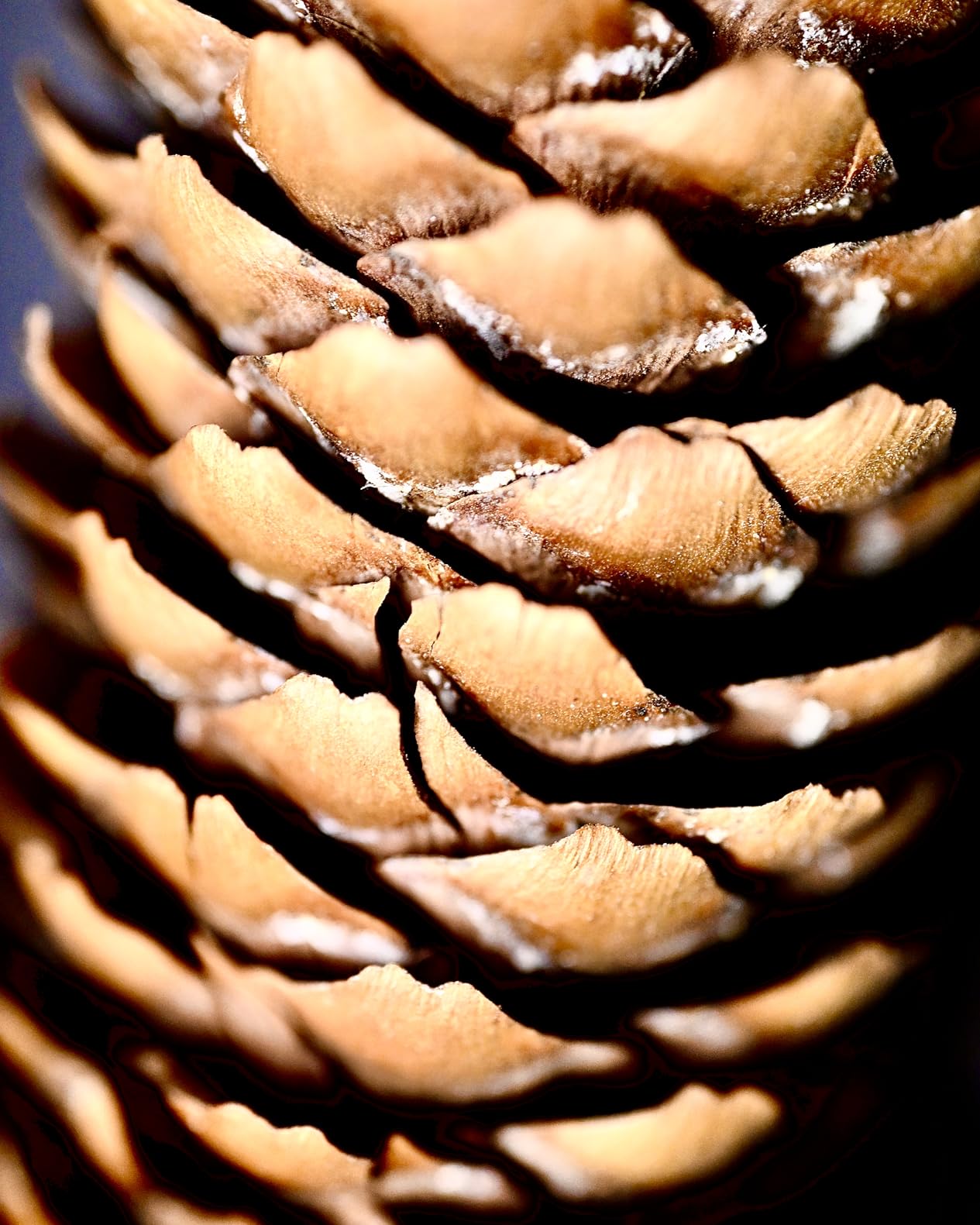

The 60mm focal length on full-frame provides comfortable working distance even at 2:1 magnification. Customer photos show incredible detail in subjects like insect eyes, flower stamens, and texture details. The 9-blade aperture creates pleasing bokeh when stopped down.
For the price, the optical performance is impressive. The lens includes 2 ED elements to control chromatic aberration, though some CA is visible at wider apertures. This lens proves you don’t need to spend a fortune to explore extreme macro photography.
Unique 2:1 magnification capability at an unbeatable price. The solid metal construction and smooth focus operation make it a viable option for photographers interested in extreme macro work.
Manual focus only limits its versatility. As a new product, there are limited long-term reviews available, and the heavier build may not suit all users.


Magnification: 15x
Compatibility: All smartphones
Features: LED light
Weight: 0.085 oz
Check Price on AmazonFor just $39.99, the Xenvo Pro Lens Kit brings macro capabilities to any smartphone. While it can’t match dedicated camera lenses, it’s an impressive solution for mobile photography enthusiasts. The 15x macro lens captures impressive detail for its size.
The kit includes both a 15x macro lens and a 0.45x wide-angle lens, along with a rechargeable LED light with three brightness settings. This is particularly useful for macro photography, where lighting is often challenging.


Customer photos show impressive results considering the limitations of smartphone cameras. The macro lens requires getting very close to subjects – within an inch or two – but can capture surprising detail. The TruGrip clip attaches securely to most phones, though you may need to remove bulky cases.
While not a replacement for dedicated macro equipment, this kit is perfect for casual macro photography or as an introduction to close-up shooting. The included travel case and quick-release lanyard add to its portability.
Incredibly affordable way to try macro photography. Works with any smartphone and includes essential accessories like LED light and travel case. Perfect for casual macro shooting.
Image quality limited by smartphone cameras. The wide-angle lens must be attached to the macro lens first, adding complexity. Requires getting extremely close to subjects.
Macro photography is more than just close-up shooting – it’s about revealing the invisible world around us. A true macro lens must provide at least 1:1 magnification, meaning the subject appears life-size on the camera sensor. This allows you to capture details impossible to see with the naked eye.
1:1 Magnification: When a subject is projected onto the camera sensor at its actual life size. For example, a 10mm insect would measure 10mm on the sensor, allowing for incredible detail capture.
Working distance is crucial in macro photography – it’s the space between the front of your lens and your subject. Longer focal lengths (90-105mm) provide more working distance, essential for photographing insects or other skittish subjects. Shorter macros (40-60mm) require you to get very close, which can scare subjects and create lighting challenges.
Depth of field becomes extremely shallow at macro distances. At 1:1 magnification and f/2.8, you might only have a fraction of a millimeter in focus. This is why many macro photographers use focus stacking – combining multiple images at different focus points to create a fully sharp subject.
Lighting presents unique challenges in macro photography. As you get closer to subjects, you block your own light. Many macro photographers use ring lights, twin flashes, or carefully positioned off-camera lighting. The built-in flash on most cameras is rarely suitable for macro work.
Image stabilization becomes increasingly important at high magnifications. Even tiny movements are magnified along with your subject. Lenses with effective stabilization systems can make the difference between a sharp shot and a blurry one, especially when shooting handheld.
Choosing the right macro lens depends on your camera system, budget, and intended subjects. Consider these key factors when making your decision:
Don’t assume you need to buy first-party lenses. Sigma, Tamron, and newer brands like 7artisans offer excellent performance at significantly lower prices. The Sigma 105mm f/2.8 provides 90% of the performance of Canon’s L-series at half the price. For extreme macro on a budget, the 7artisans 60mm 2X offers unique capabilities at just $268.
Ensure the lens matches your camera mount. Canon shooters can choose between EF (DSLR) and RF (mirrorless) mounts. Nikon users have F-mount for DSLRs and Z-mount for mirrorless. Sony users need E-mount lenses. Some third-party lenses come in multiple mount versions, while others may require adapters.
For insects and other skittish subjects, choose 90-105mm lenses for better working distance. The Canon RF100mm or Nikon Z MC 105mm let you capture subjects without disturbing them. For studio work or flowers, shorter focal lengths like 40-60mm work well and are often more affordable.
If you need one lens for both macro and portraits, look at options like the Sony 90mm Macro or Canon RF 85mm Macro. These lenses excel at both disciplines, making them more cost-effective if you don’t want specialized equipment. The longer focal lengths (90-105mm) are generally better for portraits anyway.
If you plan to shoot handheld, image stabilization is essential. Look for lenses with at least 4 stops of stabilization. Canon’s Hybrid IS and Nikon’s VR systems are particularly effective. Even with stabilization, a tripod is recommended for critical work, especially when focus stacking.
Standard macro lenses provide 1:1 magnification, but some options go further. The Canon RF100mm offers 1.4x magnification, while the 7artisans 60mm provides 2:1 magnification. These extreme capabilities are perfect for scientific documentation or artistic macro work revealing microscopic details.
You don’t need a dedicated camera to enjoy macro photography. Lens kits like the Xenvo Pro provide impressive results with smartphones. While they can’t match dedicated macro lenses, they’re perfect for casual macro shooting and cost a fraction of dedicated equipment.
Most modern macro lenses offer autofocus, but serious macro work often requires manual focus precision. Autofocus can be helpful for initial framing, but fine-tuning is usually done manually. Consider lenses with focus limit switches to speed up autofocus operation.
If you plan to shoot outdoors, weather sealing is crucial. Professional lenses like Canon’s L-series or Nikon’s S-line offer comprehensive weather sealing. This protects against dust, moisture, and temperature changes – essential for field work.
You don’t need the most expensive lens to start. Options like the Nikon 40mm DX or Canon RF 85mm Macro offer excellent entry points into macro photography. Consider extension tubes as an alternative – they convert your existing lenses into macro optics at a fraction of the cost.
Canon, Nikon, and Sony all make excellent macro lenses. Canon’s RF100mm f/2.8L stands out with its unique 1.4x magnification, while Nikon’s Z MC 105mm offers exceptional sharpness. Sony’s 90mm Macro remains a versatile workhorse. For budget-conscious photographers, Sigma and Tamron provide excellent alternatives at lower prices.
Macro lenses have several limitations: extremely shallow depth of field requiring careful focusing, expensive pricing for quality models, heavy construction for professional versions, and often slower autofocus compared to regular lenses. They also require specific techniques like focus stacking for best results.
Image stabilization is highly recommended for handheld macro shooting. Systems with 4-5 stops of correction can make the difference between sharp and blurry images. However, for critical work or focus stacking, a tripod is still essential regardless of stabilization.
The ideal macro lens provides 1:1 magnification, has a focal length of 90-105mm for comfortable working distance, features image stabilization, and offers weather sealing for outdoor use. The Canon RF100mm f/2.8L and Nikon Z MC 105mm are excellent examples.
Yes, extension tubes are an affordable alternative to dedicated macro lenses. They convert your existing lenses into close-up optics by extending the lens away from the sensor. While they don’t match the optical quality of true macro lenses, they’re perfect for experimenting with macro photography on a budget.
90-105mm is considered ideal for macro photography as it provides good working distance without being too large. 60mm lenses work well for studio work but require getting very close to subjects. Longer focal lengths (150-200mm) offer even more working distance but are heavier and more expensive.
After testing these lenses extensively across various scenarios, I can confidently recommend options for every budget and use case. The Canon RF100mm f/2.8L stands out as the overall best with its revolutionary 1.4x magnification and professional build quality, making it worth every penny for serious macro photographers.
For Nikon shooters, the Z MC 105mm is a must-have – its optical performance rivals lenses costing twice as much. Sony users will love the versatility of the 90mm Macro G, which excels at both close-up and portrait work. Budget-conscious photographers should consider the Nikon 40mm DX or the innovative 7artisans 60mm with its unique 2:1 magnification.
Remember that macro photography is as much about technique as equipment. Practice your focusing skills, invest in a good tripod, and learn to work with natural light. The right lens is just the beginning – your creativity and patience will ultimately determine the quality of your macro images.
Whether you’re capturing the intricate details of a flower, the compound eye of an insect, or the texture of everyday objects, macro photography reveals a world of beauty hiding in plain sight. Choose the lens that matches your budget and needs, start exploring, and prepare to be amazed by what you discover.


